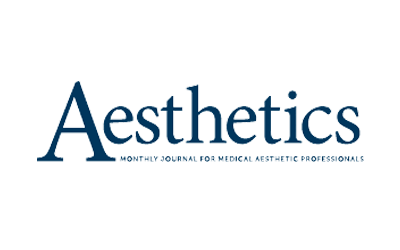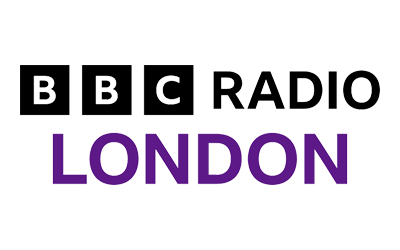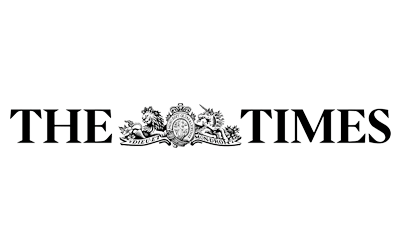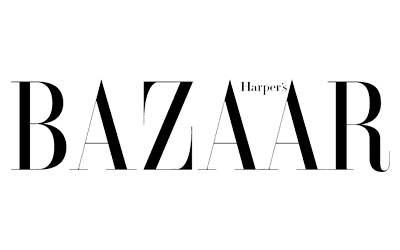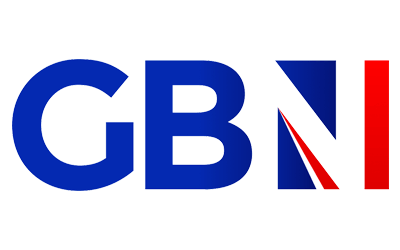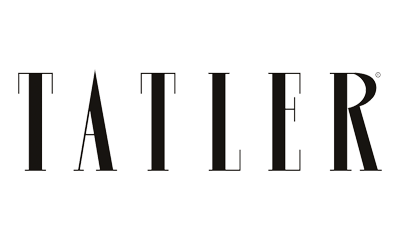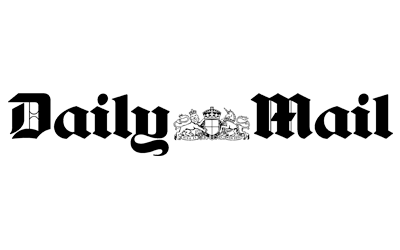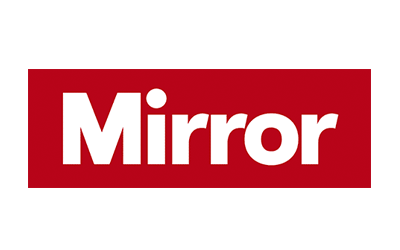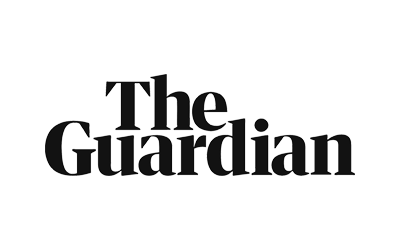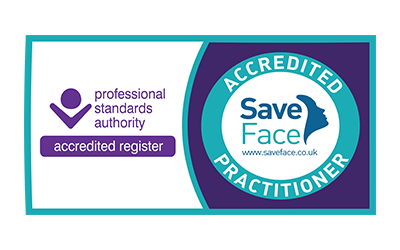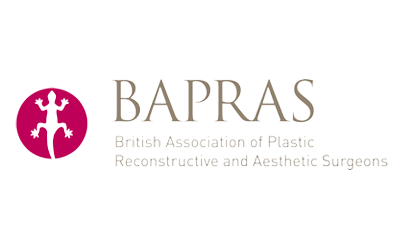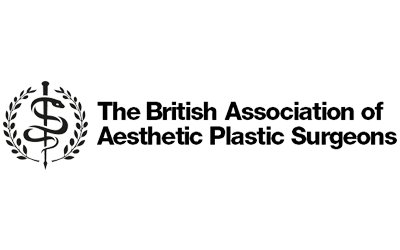A rhinoplasty is one of the earliest performed cosmetic surgery procedures and some fundamentals of the operation, in terms of reshaping the bone and cartilage, remain the same.
As the nose is the central feature of the face, even small changes can have a significant impact on a patient’s appearance and so it’s essential to be fully prepared for the recovery process as it can take many months before your final results are fully visible.
Quick Links
Our rhinoplasty recovery timeline
Recovering from a rhinoplasty can seem lengthy as even very subtle changes to the nose can be very visible to the patient. Although the healing process varies from individual to individual, you can expect it to follow the general guide for best nose job recovery:
The first 24 hours: once you’ve come round from the general anaesthetic, you will be propped up in bed to elevate your head as this helps to reduce swelling. You may also find it hard to breathe as there will be nasal packs in the nose to absorb any fluids of blood. Patients often say this is the most disorientating part of the immediate post-surgery period.
The first week: you can feel congested for a few weeks after surgery, but patients rarely feel much pain. We will provide you with painkillers to ease any discomfort. The cast is removed from the nose in the first week which can seem a significant milestone for the patient. However, there will still be bruising and swelling to consider.
The first month: you can resume light cardio activities after a few weeks but avoid anything too strenuous and you should avoid blowing your nose for six weeks.
Full recovery: the healing process should be complete at a year as all swelling should have subsided and the fully refined nasal shape be evident. Any numbness or changes in sensation in the nose and nasal skin should be fully resolved three to six months after surgery.
Rhinoplasty recovery tips
Patients are eager to see the results of their rhinoplasty, but full recovery can take some time, so our top tip is to be patient. Here are some more suggestions on how you can speed up your rhinoplasty recovery time:
- Keep your head raised: we advise you continue to keep your head elevated for the first six weeks after surgery. Sleeping on your side or front after a rhinoplasty is not only uncomfortable but can also prolong your recovery as it will cause more swelling.
- Get plenty of rest and maintain a healthy diet: your body requires lots of energy while healing so it’s important to get seven to eight hours of sleep a night and replenish the body with the nutrients it needs to heal itself.
- Avoid vigorous exercise: it can take six weeks for the bones in the nose to heal and we recommend you avoid lifting heavy weights or strenuous workouts. Even when the bones are set, exercise can increase nasal swelling temporarily.
- Listen to your surgeon: we will provide you with comprehensive aftercare instructions, but we have also recently relaunched the Karidis Clinic App, which supports you throughout your patient journey. The app provides invaluable advice on how to optimise your rhinoplasty recovery process as well as sending you alerts for all your post-op check-ups.
At Karidis Clinic, all nose job procedures are carried out by one of the best known rhinoplasty surgeons in London, Mr Alex Karidis.
For UK-leading aftercare, get in touch today.


